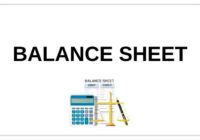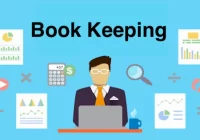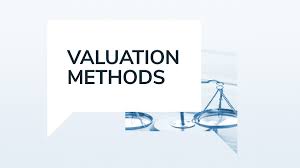Is balance sheet required for chemists?
Balance Sheet Required for Chemists Whether or not a balance sheet is required to be drafted for chemists depends on a number of factors, including the size and nature of the chemist’s business, the location of the business, and the applicable laws and regulations. In general, there is no legal requirement for chemists to… Read More »









